Abiotic Stresses Affecting Sugarcane: Sustaining Productivity
Synopsis
Over exploitation of natural resources and human activities have made our ecosphere prone to abiotic stresses like drought (and shortage of irrigation water), flooding/waterlogging, salinity, high and low temperatures, soil related problems and emerging nutrient deficiencies and pollution. Besides, cyclone and winds, especially in coastal areas, also affect productivity. Use of high yielding varieties, high intensity of irrigation, fertilizer consumption, especially the lop-sides use of nitrogen and pesticides in high productive-intensive agriculture, has aggravated some of these problems. Sugarcane has acquired that status of Kalpavriksha by virtue of its multifarious uses and sugarcane-based agro-industries have become catalyst for socio-economic transformation of nearby areas. Being a long duration crop, sugarcane faces vagaries of all the seasons. It is rather impracticable to provide favorable conditions for all the critical stages, spaced far apart temporally, so as to realize its optimal production potential. Sugarcane requires large amount of water but it cannot withstand “wet-feetâ€, has certain temperature optima for various growth processes and stages of development. Poor natural ripening conditions like high temperature and excessive rainfall/soil moisture exist in most of the sugarcane growing areas of the world. Low temperature and excessive rainfall/soil moisture exist in most of the sugarcane growing areas of the world. Low temperatures prevailing at harvest, especially in subtropical India, affect sprouting of stubble buds vis-?-vis productivity of the succeeding ratoon crop-the integral component of sugarcane production system. Besides certain abiotic stresses are known to trigger off other abiotic/ biotic stresses, and their cumulative impact further aggravates sugar losses. The sugarcane plant is endowed with a unique physiologic continuum which enables it to tide over unfavorable conditions. The book reviews the problems of abiotic stresses per se, their effect on sugarcane growth development, cane and sugar productivity and gives an insight into various strategies to overcome such effects. These include breeding tolerant/resistant varieties, molecular interventions, etc. it also identifies relevant researchable issues in this field of specialization. These strategies will go a long way in sustaining productivity of sugarcane and sugar in times to come.
Read more
67.50
60.75
$
75.00 $
Free delivery Wolrdwidе in 10-18 days
Ships in 2-4 days from New Delhi
Membership for 1 Year $35.00
Get it now and save 10%
Get it now and save 10%
BECOME A MEMBER

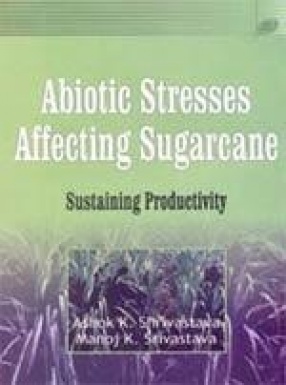

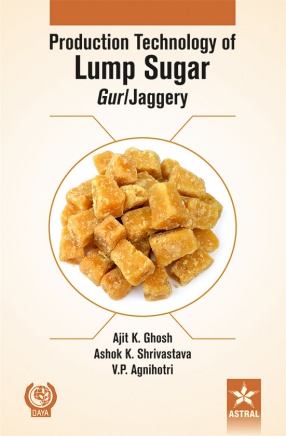
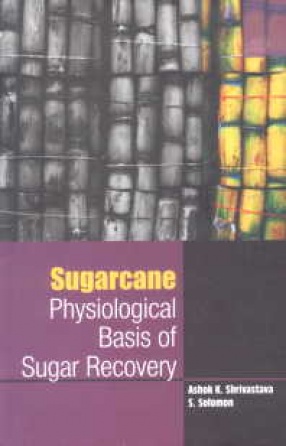
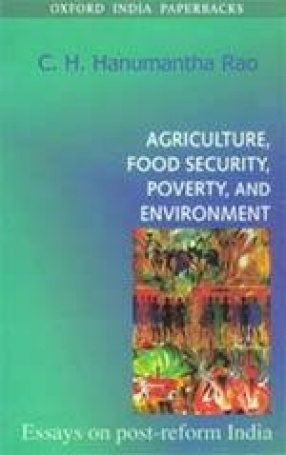
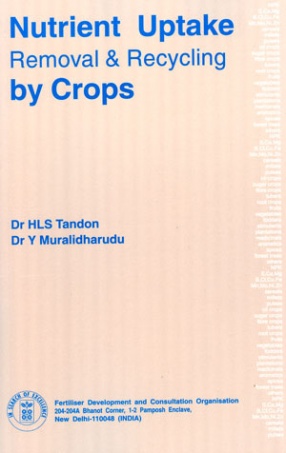
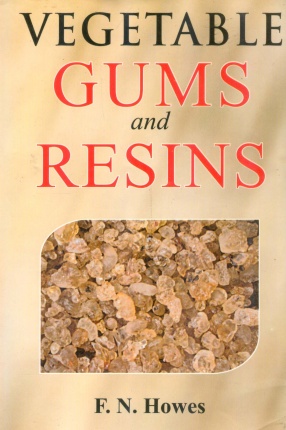
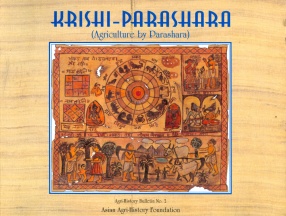

Bibliographic information
Ashok K. Shrivastava